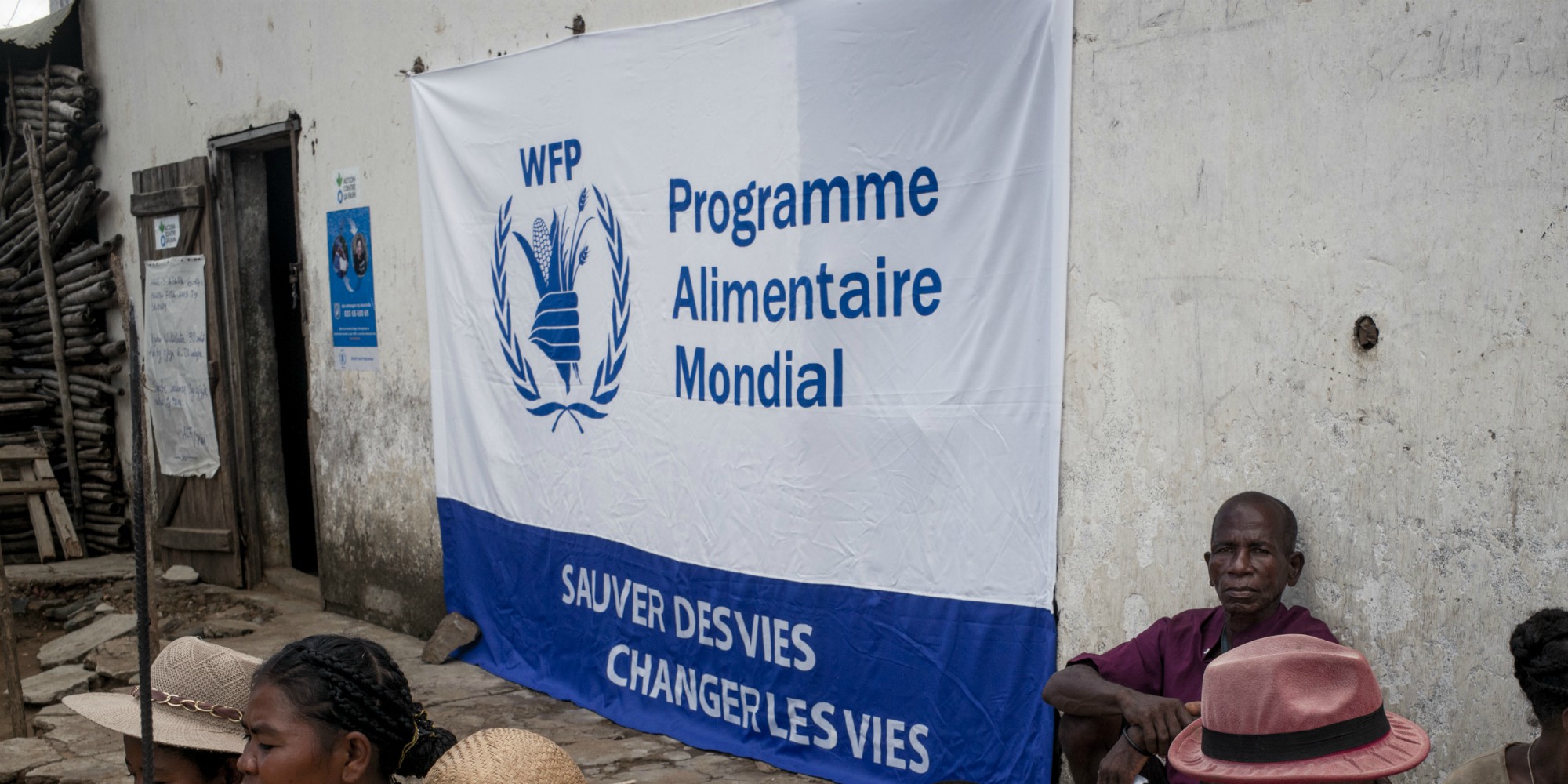INTERVIEW
This is one of the most dramatic consequences of the coronavirus pandemic: malnutrition is worsening worldwide. According to the Food and Agriculture Organization of the United Nations (FAO), it already affected last year around 690 million people, 8.9% of the world population. "If the trend continues, it is estimated that by 2030, this number will exceed 840 million people. This clearly means that the goal ( to eradicate hunger by 2030, established by the UN in 2015, editor's note ) is not on track, "said Thibault Meilland, policy analyst at FAO. "It's very worrying," said Pauline Verrière, of the NGO "Action against hunger", questioned on Europe 1 on Tuesday.
>> LIVE - Coronavirus: follow the evolution of the situation Tuesday July 14
"Without the Covid crisis, we see that the hunger figures are increasing, and the report is clear enough to say that, given the path we are on, we will not reach the sustainable development goals in 2030, which is zero hunger. And the Covid adds to an already very significant number of people who are in a situation of food insecurity, "continues Pauline Verrière. The head of the food systems and climate crisis division of the NGO mentions "between 80 and 130 million additional people" concerned.
CORONAVIRUS ESSENTIALS
> Coronavirus: what we know about transmission by micro-droplets in the air
> Coronavirus: three reasons to continue to respect barrier gestures
> Holidays: should grandparents worry about looking after their grandchildren?
> Can we catch coronavirus on a plane?
> Coronavirus: 5 mistakes not to make with your mask
However, Pauline Verrière wants to draw positive from the reaction of the States. "What is interesting with the Covid crisis is to see that the States have succeeded in mobilizing, and mobilizing in a very drastic way to respond to this crisis. So we can hope that there will be a catch of consciousness similar to the food crisis that is playing out, "she wants to believe. "We hope that the states will stop pretending that it is not possible to act, when when we see that there is significant pressure, they are capable of acting."

